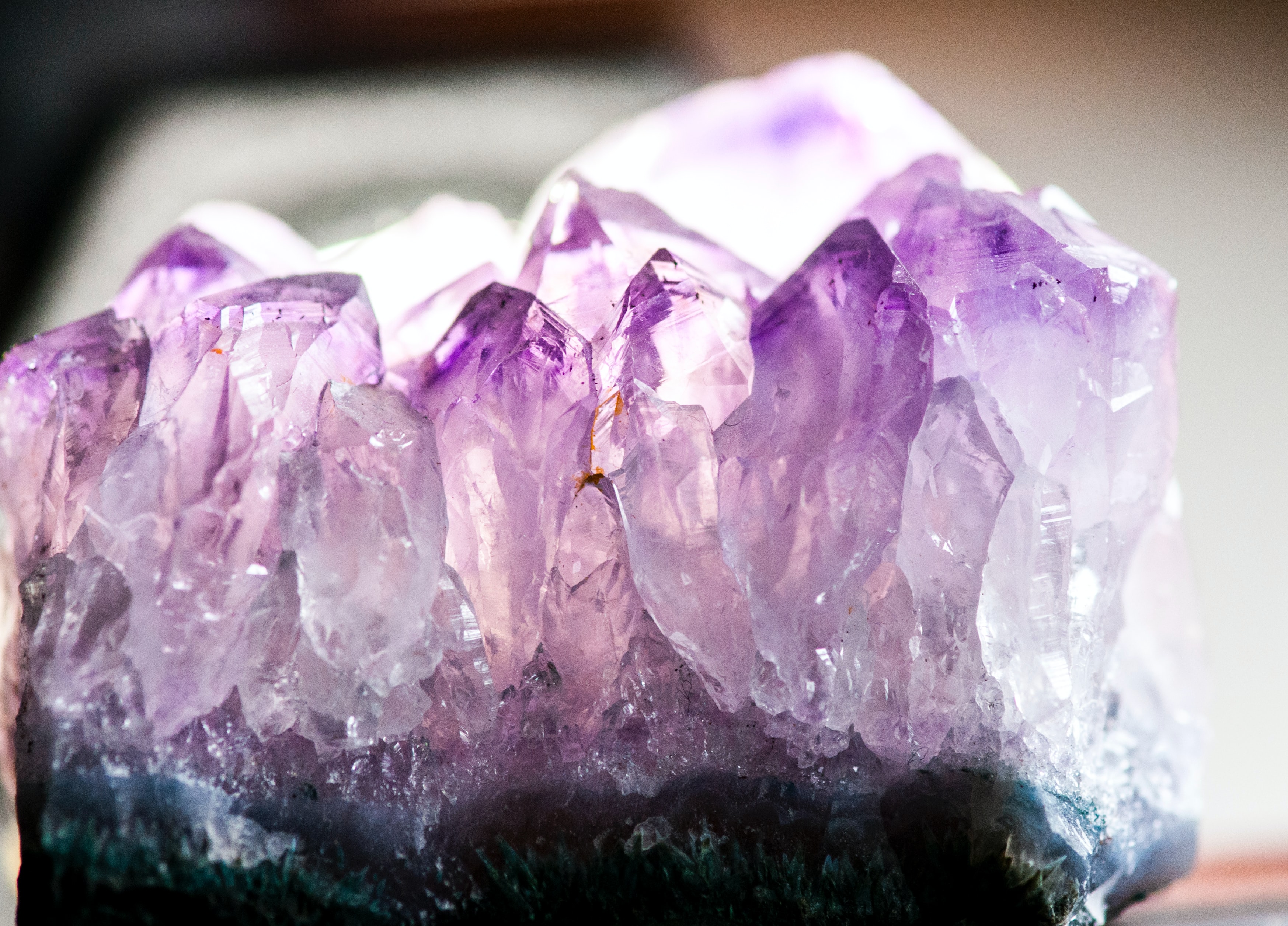Aim-listed Mkango Resources has confirmed that the startup of commercial operations of the short-loop rare earth magnet recycling and manufacturing plant at Tyseley Energy Park, in Birmingham, in the UK, is expected in the first quarter of next year.
This is subject to the remaining equipment being delivered and infrastructure being installed by the contractors on schedule, as well as completion of the permitting process.
The majority of equipment will initially be owned by the University of Birmingham and used by HyProMag, which is the main industrial partner for the project and exclusive licensee of the patented Hydrogen Processing of Magnet Scrap (HPMS) technology.
HyProMag, which is 100% owned by Maginito, which is in turn 79.4%-owned by Mkango and 20.6% owned by CoTec Holdings, has ordered additional equipment to debottleneck certain parts of the process and is evaluating further ways to optimise and debottleneck the flow sheet, the company said on July 24.
“We are excited to see the Tyseley development progressing towards commercial production, which will underpin the international roll-out of HPMS technology into Germany, the US and other jurisdictions such as Japan. Rare earth magnet recycling is a core focus for Mkango and we are well positioned given our early move into the sector in January 2020 when we initially invested in HyProMag.
“Apart from the capability to develop bespoke recycling solutions for a range of end-of-life products, we can offer customers a suite of recycled neodymium iron boron (NdFeB) products with a very low carbon footprint and, as such, we are receiving high levels of interest from potential offtakers and partners,” Mkango CE William Dawes said.
Rare earth magnets are used in electric vehicles and wind turbine generators and are a key component in electronic devices such as mobile phones, hard disk drives and loudspeakers.
The UK has no domestic source of primary rare earths. Therefore, the development of domestic sources of recycled rare earths through HPMS technology presents an opportunity for the UK to fast-track the development of more competitive rare earth magnet production.
“In parallel with ongoing commissioning at Tyseley, HyProMag has been continuing to use the existing pilot facilities at the University of Birmingham to expand the portfolio of magnet grades achievable from end-of-life materials to underpin the transition to commercial production.
“By the end of 2024, we are targeting production of over 10 000 finished recycled magnets from pilot operations covering a range of grades for demonstration in a range of applications by a number of end-users,” HyProMag MD Nick Mann said, noting that the plant would be making the UK’s first domestically produced sintered magnets in more than 20 years.
In conjunction with the short-loop process being commercialised by HyProMag, Maginito subsidiary Mkango Rare Earths UK recently commissioned a pilot facility for long-loop chemical recycling of HPMS product not suitable for the short-loop process, as well as swarf.
The HPMS technology developed at the University of Birmingham liberates magnets from end-of-life scrap streams to produce a recycled NdFeB alloy powder, which is manufactured into a magnet through a short-loop process or into a rare earth carbonate or oxide through a long-loop chemical process.
HPMS technology comes on the back of $100-million of research and development funding. HyProMag claims it offers competitive advantages over other rare earth magnet recycling technologies, which are largely focused on chemical processes but do not solve the challenges of liberating magnets from end-of-life scrap streams.
The HPMS recycling technology was selected by the Minerals Security Partnership (MSP) for support as one of its key projects. The technology was selected because the MSP determined its potential to contribute towards the development of responsible critical mineral supply chains.
HyProMag is also commercialising HPMS recycling technology in Germany and the US, with commercial production targeted for 2025 and 2026, respectively. The company is also evaluating other jurisdictions, and recently launched a collaboration with Envipro on rare earth magnet recycling in Japan.
“Source: Mining weekly.com”.

 English
English


